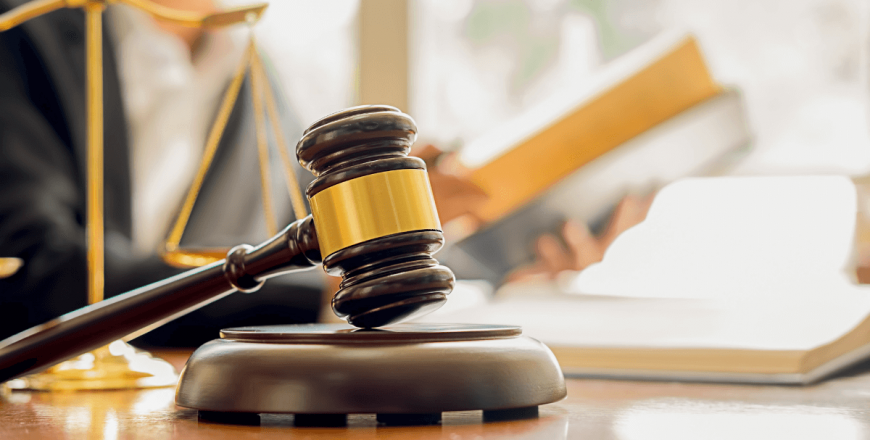Psychiatric Court Report Writing

Are you interested in mastering the art of Court Report Writing? Would you like to develop your skills and learn the essential techniques to produce clear, concise, and accurate court reports? If so, then you should consider attending our Court Report Writing Course!
Our course is designed to teach you everything you need to know about compiling, organising, and presenting information in a professional manner that meets court requirements. Our experienced instructors have a deep understanding of the legal industry and are dedicated to helping you achieve your goals.
The importance of court reports cannot be overstated. They are crucial when presenting evidence and expert opinions in legal proceedings. A poorly written report can have serious consequences, including damaging the case and wasting both time and money.
At Psychproplus’s Court Report Writing Course, you will learn the essential skills needed to produce quality court reports. We offer a comprehensive curriculum that covers everything from the basics of court report writing to advanced techniques for producing effective reports.
Our course provides expert guidance on the entire report writing process, including:
Compiling information
Organising data
Highlighting crucial details
Creating clear and concise presentations
And much more.
Our program is designed for anyone interested in improving their court report writing skills. Whether you are a forensic psychiatrist or from any of the psychiatric specialities, our course is perfect for you. We offer flexible schedules to fit your busy lifestyle, making it easy to balance your professional development with your other commitments.
By attending Psychproplus’s Court Report Writing Course, you will gain the skills and knowledge needed to produce quality, effective reports every time. Don’t miss out on this incredible opportunity to take your career to the next level. Join us today and take the first step towards becoming an expert court reporter!
Please check out our calendar and book a spot, as space is limited.
Lessons
Purpose and importance of psychiatric court reports
The role of the psychiatrist in the legal process
Types of psychiatric court reports (e.g., criminal, civil, family)
Legal and ethical considerations in psychiatric report writing
Obtaining and reviewing medical records
Conducting psychiatric assessments and interviews
Collating information from other sources (e.g., police reports, witness statements)
Identifying relevant psychiatric diagnoses and their implications
Detailing the patient's background and relevant history
Describing the patient's mental state examination findings
Interpreting and presenting clinical observations
Addressing discrepancies or inconsistencies in the information
Analysing the patient's psychiatric condition in the context of the legal issue
Formulating professional opinions based on the available evidence
Providing recommendations for treatment, risk management, or legal outcomes
Ensuring that opinions and recommendations are objective and evidence-based
Maintaining confidentiality and adhering to data protection regulations
Ensuring accuracy and objectivity in the report
Avoiding bias and maintaining professional boundaries
Addressing potential conflicts of interest
The candidates can check the dates, time and location of the courses which will be given on a regular interval.







